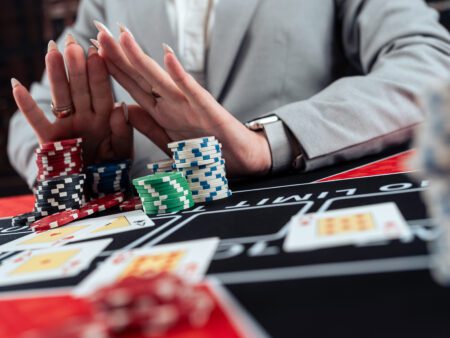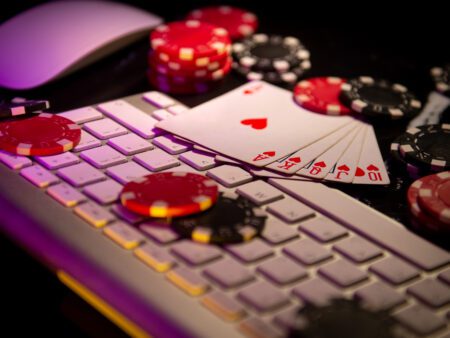Discover how cognitive biases, such as the Hot Hand and Gambler’s Fallacy, can affect your online gambling decisions. Learn strategies to overcome these mental pitfalls.
The Role of Cognitive Biases in Online Gambling: Avoiding Faulty Thinking
In the riveting world of online gambling, many factors can direct your success or failure. Interestingly, the power of your mind plays a significant role, often being the silent puppeteer in your gambling decisions. Herein lies the relevance of cognitive biases and how they affect your online gambling habits.
Understanding Cognitive Biases
Cognitive biases are mental shortcuts or patterns of thought that can often lead us astray from rational decision making. They evolve as adaptive mechanisms to handle information processing, but in the intricate realms of online gambling, they can considerably influence our overall perception of risk and reward.
Hot Hand Fallacy
This classic cognitive bias finds its roots in the belief that past successes can influence future outcomes. In online gambling, a player might believe that a winning streak will continue indefinitely. While it’s thrilling to enjoy successive wins, this faulty thinking can lead to financial missteps.
Gambler’s Fallacy
No cognitive bias discussion about gambling is complete without the Gambler’s Fallacy. This bias resides in the belief that if something happens more frequently during a given period, it’s less likely to happen in the future. In online gambling, this could manifest as a player believing that after a long series of losses, a win is ‘due’.
Illusion of Control
The Illusion of Control is a powerful bias that makes a gambler believe they can somehow exert control over an independent, random process. Whether it is holding a lucky charm or following a certain ritual, these actions can give a false sense of control and affect rational betting decisions.
The Dunning-Kruger Effect
Another pertinent bias to online gambling is the Dunning-Kruger Effect. This occurs when less competent individuals overestimate their ability, while high-skilled individuals underestimate their competency. This can lead to overconfidence and impaired decision making in online gambling.
The Role of Overconfidence
Overconfidence is a cognitive bias where we tend to overestimate our abilities and understate the risks we face in an uncertain situation. In online gambling, this bias can lead to reckless betting and disregarding the chances of loss.
In contrast, competent players often underestimate their proficiency leading to the Dunning-Kruger Effect, culminating in less aggressive but potentially more lucrative gameplay.
The Anchoring Bias
Typically, our minds give a disproportionate amount of importance to the first piece of information we receive, known as the anchor. When gambling online, players usually base their decisions on the initial information, which may not always be the most accurate predictor of the outcome.
Strategies to Mitigate Cognitive Biases
Understanding these biases is the first step towards mitigating their impact. Self-awareness and reflection on your decision-making processes can shed light on any persistent biases. Additionally, broadening your perspective by seeking diverse sources of information can break any intellectual blind spots. It is also wise to adopt a systematic approach to making decisions, as this can eliminate the impulsive choices that cognitive biases often push us towards.
Furthermore, a comprehensive understanding of the common cognitive biases in gambling, such as the gambler’s fallacy, can equip you with the knowledge to evade these mental traps. By acknowledging their existence and influence, you can make better-informed gambling decisions.
Wrapping Up
While cognitive biases are wired into our brains, becoming aware of these can make a significant difference in how we make decisions, including those in online gambling. As psychology plays a critical role in our gambling behavior, learning about biases and actively working to avoid them can refine our betting, leading to more enjoyable and possibly profitable online gambling experiences.
So, what cognitive bias do you think influences your online gambling the most? Share your thoughts in the comments below.










